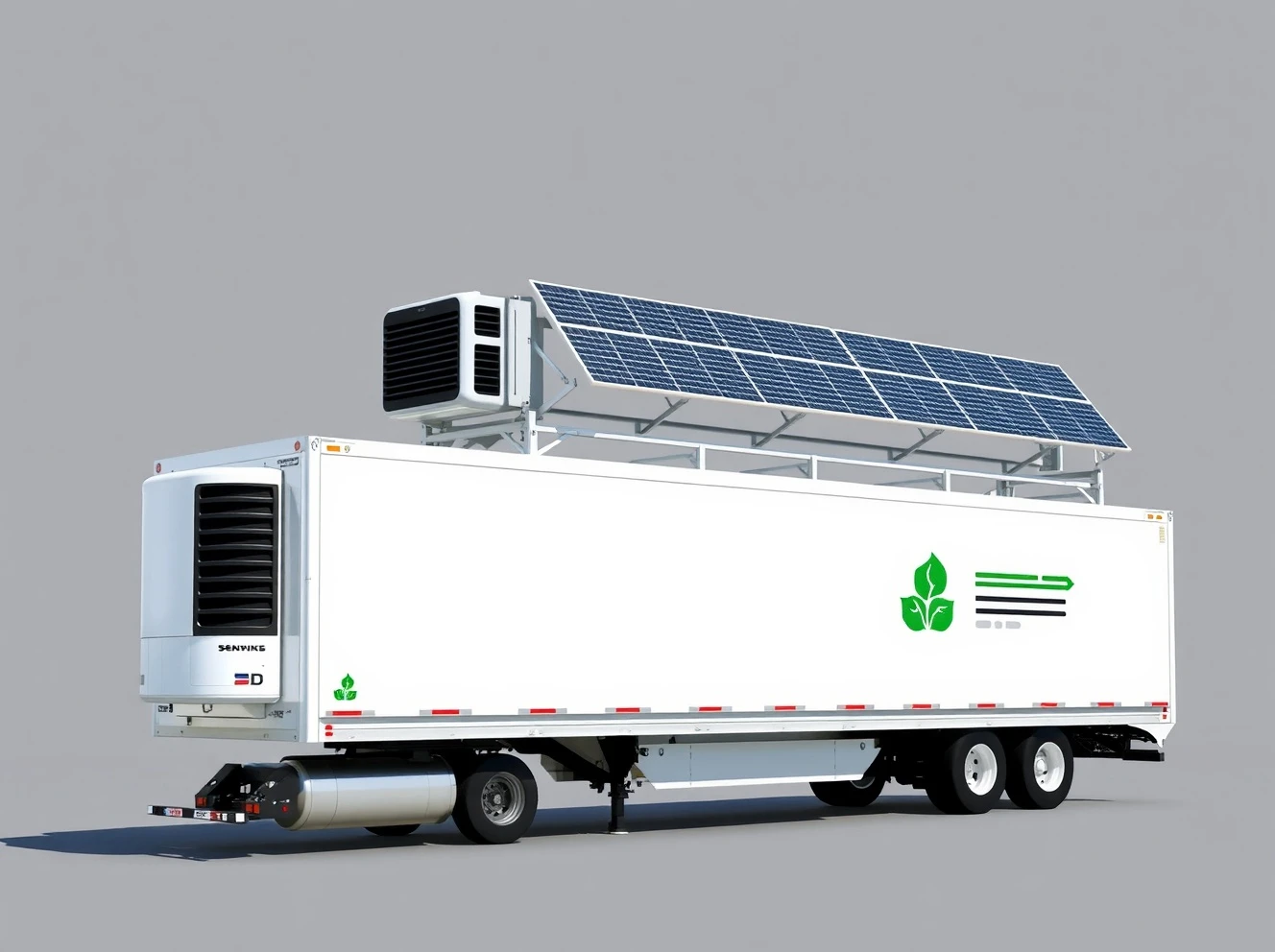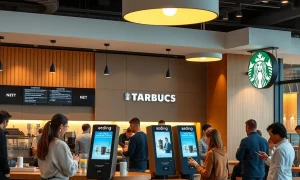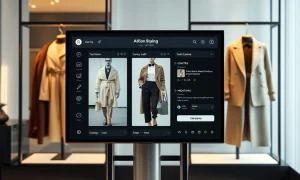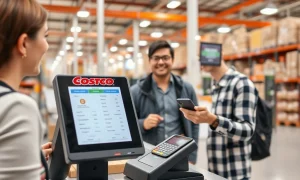Ocado has launched a groundbreaking sustainability initiative by deploying Sunswap’s innovative zero-emission refrigeration technology across its entire double-deck trailer fleet. This strategic move represents a significant advancement in sustainable logistics while delivering substantial operational cost savings.
Transforming Logistics with Zero-Emission Refrigeration
The online grocery giant has completely eliminated diesel consumption from its refrigeration systems. Each Sunswap Endurance unit utilizes advanced battery technology and integrated solar panels. Consequently, these systems provide reliable temperature control without compromising operational efficiency.
Remarkable Environmental and Economic Benefits
The zero-emission refrigeration units deliver impressive results:
- 20.5 tonnes of CO2 reduction per unit annually
- 81% reduction in operating costs compared to traditional systems
- Up to 24 hours of frozen operation per charge
- Two months of chilled operation capability
Advanced Solar Technology Integration
Integrated solar panels on trailer roofs provide supplementary energy generation. This innovative approach significantly reduces grid charging dependency. Moreover, it extends the operational range of each unit substantially.
Supporting Ambitious Sustainability Targets
This deployment supports Ocado’s commitment to achieving net-zero emissions by 2040. The company’s Science-Based Targets initiative validation requires a 42% reduction in Scope 1 and 2 emissions by 2030. Therefore, this zero-emission refrigeration implementation represents a crucial step forward.
Industry Leadership in Sustainable Logistics
Michael Lowe, Sunswap’s chief executive, emphasized the significance of this partnership. He stated that this deployment demonstrates electric refrigeration can meet major grocery retailers’ operational requirements. Furthermore, it supports their sustainability goals effectively.
Future Implications for Retail Logistics
The logistics sector faces increasing pressure to decarbonize operations. Ocado’s move reflects a broader trend toward cleaner transport technologies. Retailers must demonstrate tangible progress toward net-zero pledges. This zero-emission refrigeration solution sets a new industry standard.
Frequently Asked Questions
How does Sunswap’s zero-emission refrigeration work?
The system uses battery power supplemented by solar panels, completely eliminating diesel consumption while maintaining reliable temperature control.
What are the main benefits of this technology?
Key benefits include 20.5 tonnes of CO2 reduction annually, 81% lower operating costs, and extended operational range through solar supplementation.
When did Ocado begin this deployment?
The implementation started in July 2025 across their flagship double-deck trailer fleet.
How long can the units operate on a single charge?
The systems can provide up to 24 hours of frozen operation or two months of chilled operation per charge.
What are Ocado’s broader sustainability goals?
The company aims for net-zero emissions across its value chain by 2040, with a 42% reduction in Scope 1 and 2 emissions by 2030.
Why is this deployment significant for the retail industry?
It demonstrates that electric refrigeration can meet operational requirements of major retailers while supporting sustainability objectives, setting a new industry benchmark.








